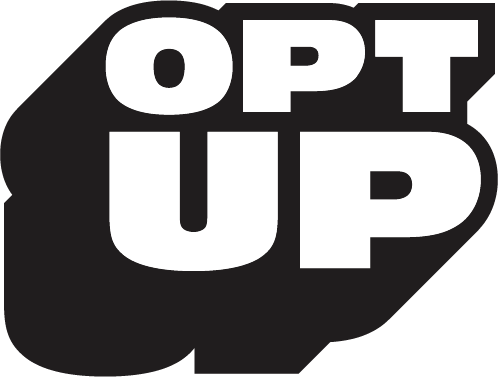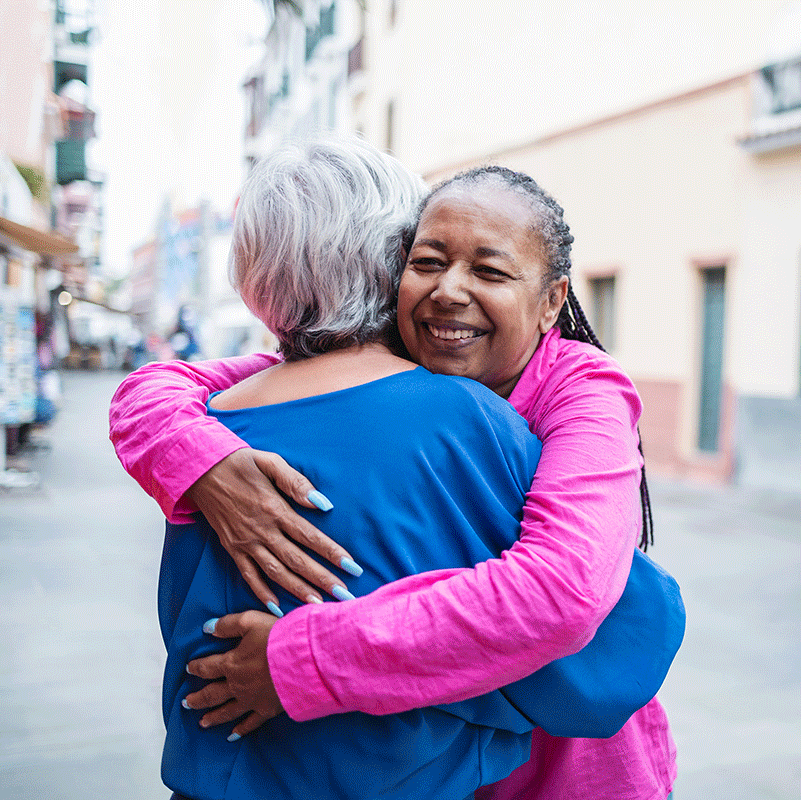
Every day, hundreds of individuals with treatable behavioral health needs cycle through local courts and jails, known as high-utilizers. The Vera Institute defines those who have been booked within the jail 6 or more times in the last 3 years as high-utilizers.
OKC can now turn to Opt Up for assertive, court-based, and jail-based treatment. The Opt Up Project gives individuals immediate access to stabilizing treatment engagement services. These services ultimately reduce the individuals’ interaction with the criminal legal system.
Every day, hundreds of individuals with treatable behavioral health needs cycle through local courts and jails, known as high-utilizers. The Vera Institute defines those who have been booked within the jail 6 or more times in the last 3 years as high-utilizers.

Opt Up also delivers behavioral health rehabilitation, case management, transitional housing assistance, and specialized employment opportunities.
Opt Up is a project of HOPE Community Services which offers URC, transitional living, a pharmacy, and individual placement and support through specialized employment.
Giving someone the chance to Opt Up means they get to access the tools they need to achieve victories that will change their lives, no matter how big or small.
Opt Up means to celebrate every single step in a positive direction. From taking mental health medication and navigating the public transit system to finding employment and obtaining a GED—Opt Up is dedicated to the 1% better, whatever it may look like for the client. HOPE celebrates their clients through every aspect of recovery.
Associated Services from Hope:
- URC – HOPE’s Urgent Recovery Center (URC) is a place of stabilization providing an emergency assessment and intensive support for adult individuals experiencing a behavioral health or substance use crisis. With a goal of resolving the immediate crisis and stabilizing at the lowest level possible, services may also include meals/showers, detox screening, case management/peer services, and emergency medication. The URC is located at 8125 S. Walker Ave. and is staffed 24/7/365 with a multidisciplinary team of behavioral health care professionals.
- Transitional Living – Our Transitional Living Program aims to assist participants with their recovery, provide a stable living environment, offer and encourage community integration, and enhance and/or restore daily living skills. The Compass Program, HOPE’s Transitional Living Program, is grouped apartments/residential setting with staff available 24 hours as needed, but not 24 hour on site supervision.
- Pharmacy- HOPE’s full functioning, onsite Pharmacy is open Monday-Friday and has been providing prescriptions and medication to our consumers and community for over 10 years. The pharmacy collaborates with Hope’s in-house providers and med clinic to provide the best level of care to our consumers.
- Individual Placement/Support (specialized employment)- HOPE’s IPS (Individual Placement/Support) team helps our consumers who want to achieve gainful employment or go back to school, do so. IPS is a zero barrier, client preference program. Not only are the employment specialists present in treatment teams, the IPS team goes out into the community and builds relationships with employers, as well. If you know someone who is a HOPE consumer who may benefit from these services, have them speak to their case manager about it.